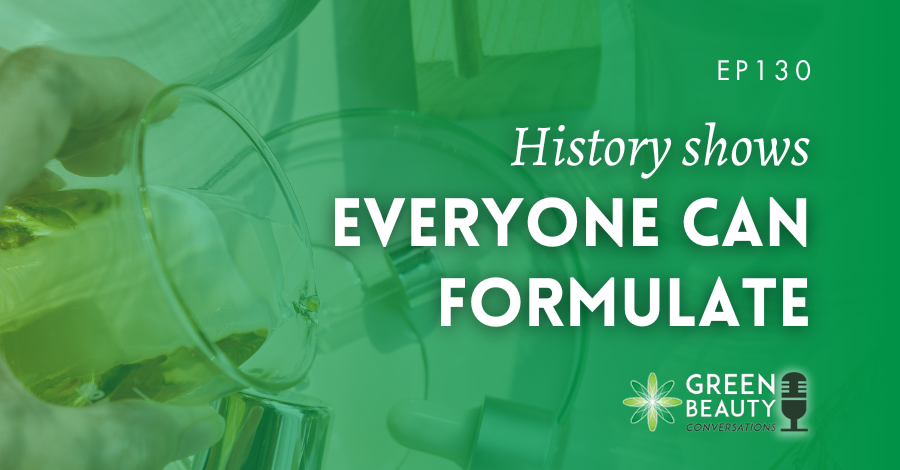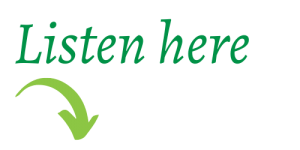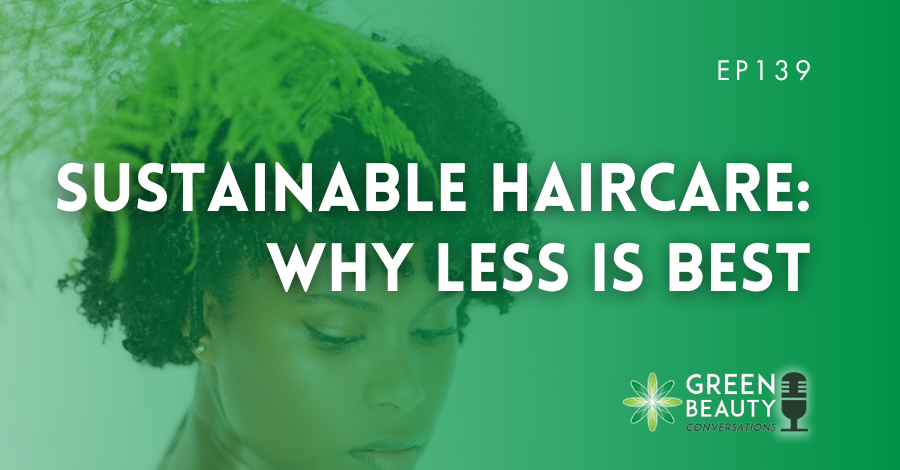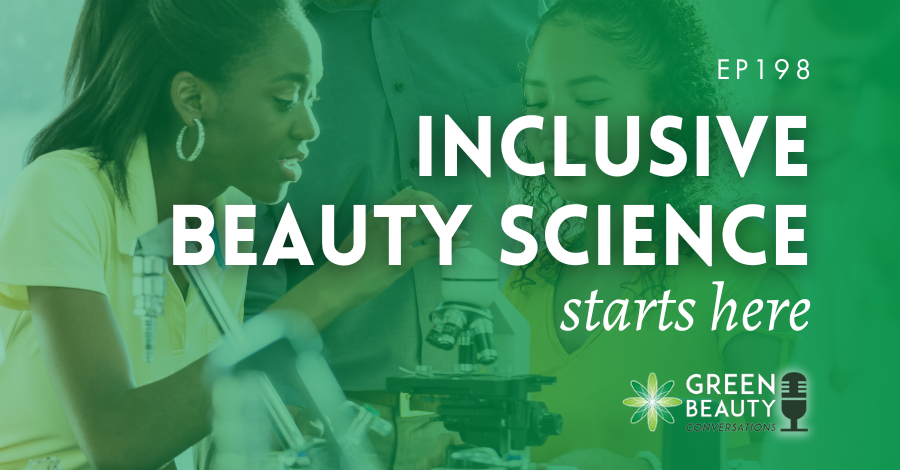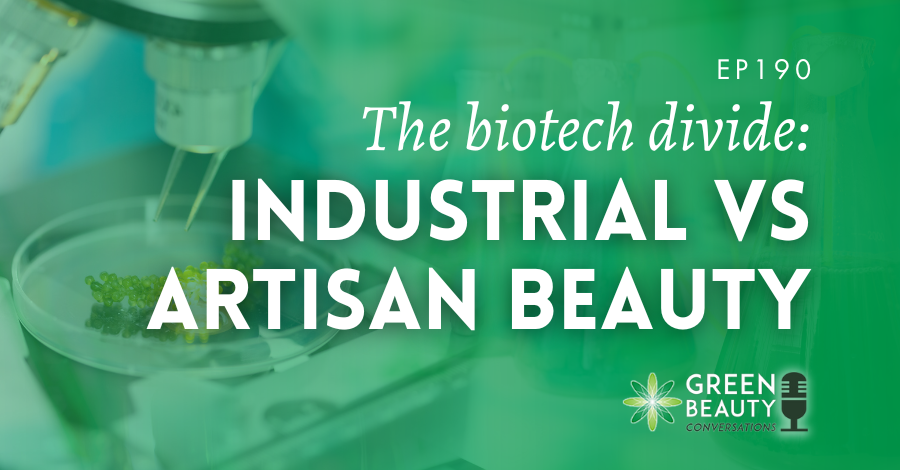You may not have loved history lessons at school, but there is plenty to love about the history of cosmetic formulation. It shows that everyone can become a natural cosmetic formulator and be part of our millennia-old birthright to make our own beauty products at home whether for ourselves or to start a new career or small business.
In this Green Beauty Opinion, Formula Botanica CEO and podcast host Lorraine Dallmeier takes you on a brief journey through the centuries to show you that it is time to bring cosmetic formulation home. Listen in to hear how history shows us that everyone can formulate.
@FormulaBotanica podcast host Lorraine Dallmeier takes us on a brief journey through time to demonstrate that history shows everyone can formulate cosmetics. #naturalformulation #organicskinare #cosmeticformulation Share on X
Making skincare is not a recent phenomenon. The vast global beauty industry is a newcomer at just under 200 years old. Well before lab scientists in white coats featured in cosmetics’ advertising came thousands of years of home formulation dating back at least to Ancient Egyptian times.
Following the previous podcast – an interview with Geoffrey Jones, Isidor Straus Professor of Business History at Harvard Business School and author of Beauty Imagined – A History of the Global Beauty Industry, Lorraine points to some key highlights in cosmetic history that show humankind had inherent skills of cosmetic formulation.
Before the global giants such as L’Oréal, Unilever, Proctor & Gamble, Elizabeth Arden, Helena Rubenstein, Estée Lauder, Johnson & Johnson, Coty, and Shiseido, cosmetics were made on a very small scale, usually within our homes with formulations handed down through generations. The oldest known written formulation was discovered on a 5,000-year-old ancient Egyptian scroll and titled “How to transform an old man into a youth”. Little has changed as modern cosmetics still strive to help our skin defy ageing.
Ancient civilisations used in fact many of the self-same botanical ingredients we prize as indie beauty formulators. To give just one example, a recipe for an ancient Egyptian body oil formula comprised sesame, castor, moringa and olive oils. All these oils are common in natural formulation today. When archaeologists at a site in London discovered a well-preserved Roman face cream, they analysed it and replicated its formula of animal fats, starch and the mineral, tin oxide and found it had a pleasant skin feel much as we desire in cosmetics today.
The 16th century brought trade with the Americas and exciting new ingredients for use in cosmetics and many products made then bear similarities with modern beauty counterparts – hydrosols, oils, butters, waxes and more all featured in centuries past as do cosmetic techniques such as emulsification, solubilisation, gelling, warm blending, whipping, distillation, enfleurage, preservation and more.
Lorraine explored the 19th century and the growth of the modern-day global beauty industry with Geoffrey Jones. The history of cosmetics is still very much in the making as we see indie beauty and small-scale brands prove that formulation is not exclusive to big company scientists.
The indie beauty community has demonstrated that formulation is in fact a skill accessible to everyone, as our graduates at Formula Botanica show. Small brands have proved they can be successful and create very innovative cosmetics too.
Lorraine urges you to be part of an incredible natural formulation community that looks for inspiration and ingredients in the plants that humankind has used since ancient times. Help move the beauty industry beyond global conglomerates and back to its more sustainable roots. If you would like to be part of this movement and learn natural formulation yourself, sign up for our free formulation masterclass.
Thank you for joining us for this episode of the Formula Botanica Green Beauty Conversations podcast. If you enjoyed listening, please share, subscribe and review this episode on Apple Podcasts, Spotify or Youtube so that more people can enjoy the show. Don’t forget to follow and connect with us on Facebook and Instagram.
FREE TRAINING
Learn how to become an
Organic Skincare Formulator
FREE TRAINING
How to become an
Organic Skincare Entrepreneur
FREE TRAINING
How to become an
Organic Skincare Entrepreneur
Leave us a comment
Lorraine Dallmeier is a Biologist, Chartered Environmentalist and the CEO of Formula Botanica, the award-winning online organic cosmetic science school. Read more about Lorraine and the Formula Botanica Team.

